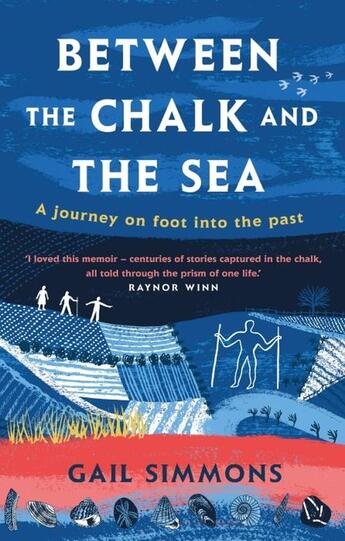-
Date de parution : 16/02/2023
-
Editeur :
Headline
-
EAN : 9781472280275
-
Série :
(-)
-
Support :
Papier
Résumé:
When Henry VIII banned pilgrimage in 1538, he ended not only a centuries-old tradition of walking as an act of faith, but a valuable chance to discover the joy of walking as an escape from the burdens of everyday life.
Much was lost when these journeys faded from our collective memory, but... Voir plus
When Henry VIII banned pilgrimage in 1538, he ended not only a centuries-old tradition of walking as an act of faith, but a valuable chance to discover the joy of walking as an escape from the burdens of everyday life.
Much was lost when these journeys faded from our collective memory, but clues to our past remain. On an antique map in Oxford''s Bodleian Library, a faint red line threading through towns and villages between Southampton and Canterbury suggests a significant, though long-forgotten, road. Renamed the Old Way, medieval pilgrims are thought to have travelled this route to reach the celebrated shrine of Thomas Becket.
Described as England''s Camino, this long-distance footpath carves through one of the nation''s most iconic landscapes - one that links prehistoric earthworks, abandoned monasteries, Saxon churches, ruined castles and historic seaports.
Over four seasons, travel writer Gail Simmons walks the Old Way to rediscover what a long journey on foot offers us today. In the age of the car, what does it mean to embrace ''slow travel''? Why does being a woman walking alone still feel like a radical act? In an age when walking connects the nation, can we now reclaim pilgrimage as a secular act?
Winding 250 miles between the chalk hills and shifting seascapes of the south coast, Gail ventures deep into our past, exploring this lost path and telling a story of kings and knights, peasants and pilgrims, of ancient folklore and modern politics. Blending history, anthropology, etymology and geology, Gail''s walk along the Old Way reveals the rich natural and cultural heritage found on our own doorstep.
Donner votre avis















